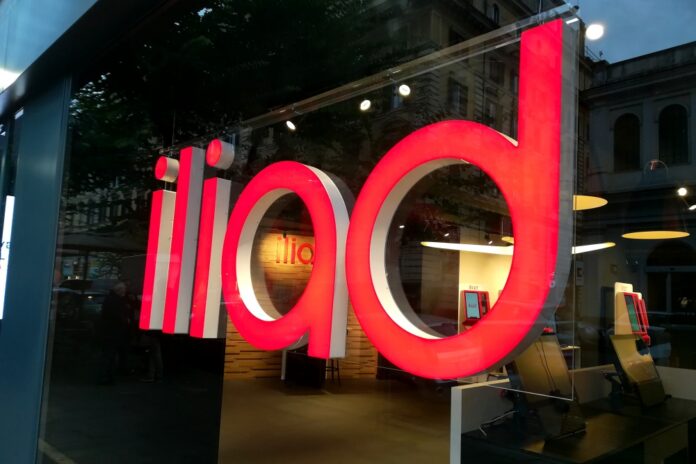Iliad entered the market with price war but operators are talking now according to Reuters
Vodafone and Iliad are apparently discussing a deal that would combine their respective Italian businesses in a bid to end cut-throat competition in the euro zone’s third-biggest economy, according to Reuters.
Discussions between the two companies are ongoing and both parties are actively studying ways to clinch a tie-up of their respective businesses in Italy, the sources say. Iliad, which is launching cable broadband in Italy on January the 25th, is working with investment bank Lazard on its strategic plans in Italy, the sources say.
Dial M for Merger
If successful, an Iliad-Vodafone merger would create an uber telco with 36% of the mobile market and a €6 billion revenue. Iliad’s Italian CEO Benedetto Levi has previously mooted that the French firm might buy a rival player. “If a company, as a whole or in part, becomes available on the market we will consider it without any preconception,” Levi told financial daily Il Sole 24 Ore.
Iliad, Vodafone and Lazard have declined or been available for comment.
Un incontro di menti
Iliad, led by billionaire founder Xavier Niel, has been reviewing options to further expand in Italy in recent months as it seeks to take advantage of conditions for consolidation in Italy’s telecoms industry. Deals between companies could cease a price war that has minimised margins, the Reuters sources say.
Meanwhile turned Telecom Italia (TIM) is in the midst of a management shake-up having just appointed a new CEO and is pondering a possible €10.8 billion ($12.25 billion) takeover by New York private equity firm KKR aimed which could take Italy’s biggest phone group private and or see its assets re-packaged.
Price war good for customers
Niel founded Iliad in 1990 and sits on KKR’s board as an independent board director. Reuters says he wants to play kingmaker in the fragmented Italian telecoms market. Iliad’s entry into the Italian mobile sector in 2018 was marked by an aggressive price war.
Iliad itself was allowed to enter Italy as part of the remedy package that Vimpelcom and Hutchison negotiated with European regulators to combine their Italian mobile operations in 2016 without altering the number of existing players.
Niel’s European ambitions
Last year, Niel made a 3.1 billion euro offer for full control of Iliad and subsequently delisted the company from the Paris stock market, signalling his intention to turn the group into a “leading telecommunications player in Europe.”
Industry executives have repeatedly stressed the need to pursue four-to-three telecoms mergers that could save money by pooling resources and avoiding duplication. The four players in the Italian mobile sector are TIM, Vodafone, WindTre and Iliad.
Vodafone has annual revenue of about 5 billion euros in Italy and a 28.5 percent market penetration among mobile phone customers, according to Italy’s communications watchdog Agcom.
Pandemic was good for business
Iliad’s Italian unit reported a revenue of €674 million euros in 2020 and a mobile market share of 7.7 per cent, says Agcom. The covid pandemic actually helped with its third quarter leaping by 21 per cent to €207 million in 2021.
Previously, Vodafone’s boss Nick Read has argued that Europe needs consolidation. In Italy, Spain and Portugal “all players are suffering,” Read has said. Meanwhile, Vodafone CEO Nick Read hinted at a combination with Three in a November interview with the Sunday Times.
Three UK’s CEO Robert Finnegan has also lamented the UK mobile market as “dysfunctional” and expressed his hopes that regulators will now be more open-minded to mergers.
Merger most foul?
In Italy, any tie-up between telcos needs government approval and Italy’s telecoms infrastructure is regarded as an asset of strategic interest. UK regulator Ofcom has stood in the way of consolidation of mobile operators. In 2016, Three was blocked from buying rival operator O2 by the European Union with Ofcom’s backing. Other markets have started allowing deals that reduce the number of mobile players from four to three – including in Ireland, where Three acquired O2’s local business.
Meanwhile, Britain’s phone companies are preparing to roll out their biggest price increases in years, says Bloomberg, which says they are ‘exacerbating a cost-of-living squeeze that has darkened the nation’s economic outlook.’



